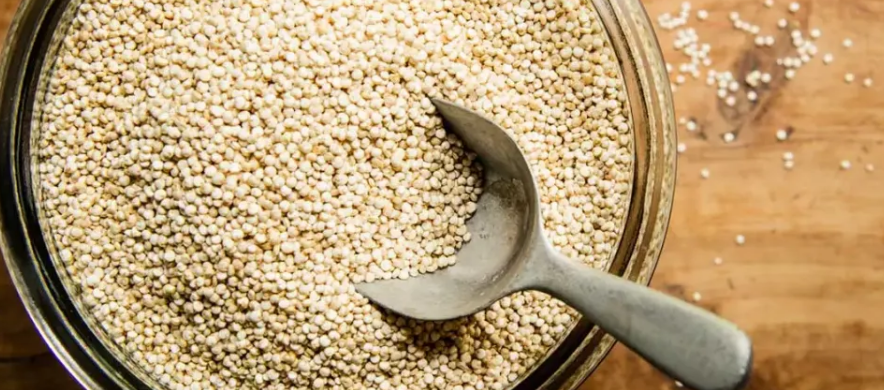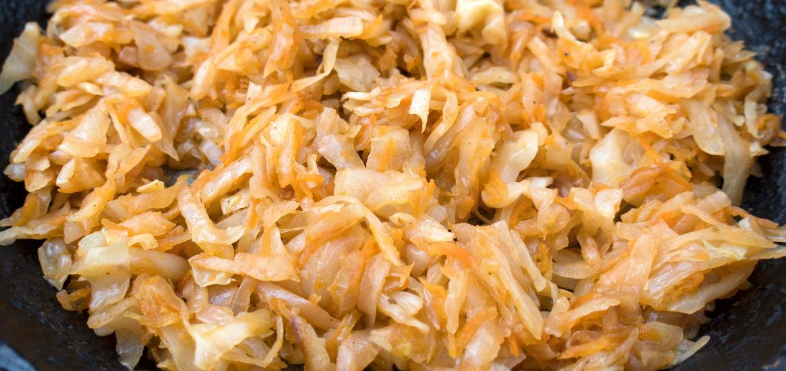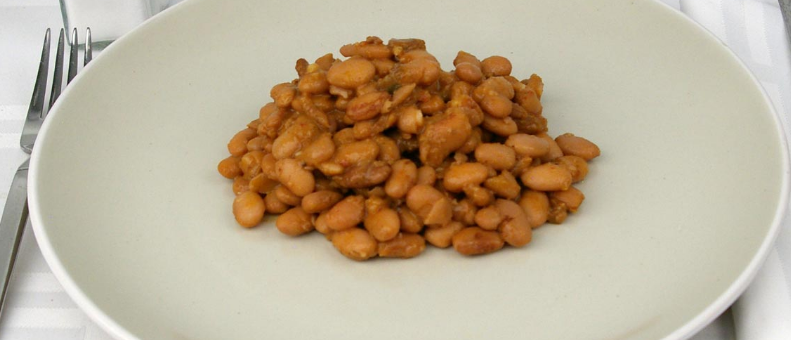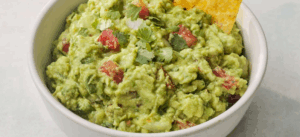Cooked Quinoa Calories
Quinoa is a popular grain-like seed known for its impressive nutritional profile and versatility in cooking. When cooked, quinoa becomes soft, fluffy, and mildly nutty in flavor — making it a go-to choice for health-conscious diets.
How Many Calories Are in Cooked Quinoa?
- 100 grams of cooked quinoa: ~120–130 kcal
- 1 cup cooked quinoa (~185g): ~220–230 kcal
Most of these calories come from complex carbohydrates, but quinoa is also notable for its protein and fiber content, making it more filling than other grains like white rice or couscous.
Health Benefits of Quinoa
A Plant-Based Source of Protein
Quinoa is one of the few plant foods that contains all nine essential amino acids, making it a complete protein. This makes it especially valuable for vegetarians and vegans looking to boost their protein intake without meat.
High Fiber Content
Compared to other grains, quinoa is higher in fiber, especially insoluble fiber which helps support digestion, reduce constipation, and regulate blood sugar.
A Source of Antioxidants
Quinoa is rich in natural antioxidants, which help protect the body from oxidative stress. These compounds may contribute to reduced inflammation and better metabolic health.
Helps Meet Manganese Requirements
Manganese is important for metabolism, bone development, and antioxidant function. A single serving of quinoa provides over 50% of the daily recommended intake of manganese.
Good Source of Iron
Iron supports oxygen transport and energy production. Quinoa provides a bioavailable form of iron, which is essential for maintaining healthy red blood cells.
A Source of Folate
Folate is critical for DNA synthesis and repair. Quinoa provides a modest amount of folate, which is especially important for pregnant women and people on plant-based diets.
Provides Magnesium
Magnesium plays a role in hundreds of enzymatic reactions in the body, including nerve function and muscle contraction. Quinoa offers a meaningful dose, supporting cardiovascular and metabolic health.
Contains Quercetin and Kaempferol
These two plant compounds are powerful flavonoid antioxidants with potential anti-inflammatory, antiviral, and anti-cancer properties. Quinoa contains higher levels of these flavonoids than most common grains.
Quinoa Nutrition
Cooked quinoa (per 100g):
- Calories: ~120 kcal
- Protein: ~4g
- Carbohydrates: ~21g
- Fiber: ~2.8g
- Fat: ~1.9g
- Rich in: magnesium, iron, manganese, phosphorus, and B vitamins
Quinoa is naturally gluten-free and has a low glycemic index, making it suitable for people with gluten sensitivity or those managing blood sugar.
Diet
Quinoa fits into many dietary styles:
- Vegetarian & Vegan: Excellent protein and nutrient source
- Gluten-Free: Naturally safe for celiac disease or gluten intolerance
- Weight Loss: High fiber and protein make it satisfying
- Sports & Recovery: Complex carbs plus amino acids support energy and muscle repair
It can be eaten warm or cold, in salads, bowls, stir-fries, soups, or as a side dish.
Frequently Asked Questions
Is quinoa any healthier than rice?
Yes, in many ways. Quinoa has more protein, fiber, and micronutrients than white rice. It also has a lower glycemic index, making it better for blood sugar control. Compared to brown rice, quinoa still offers a more complete protein profile.
Is quinoa a protein or a carb?
Technically, quinoa is a carbohydrate source — but it’s also rich in protein. It provides a balanced mix of both, which is rare among plant foods. That’s why it’s often called a “super grain.”
Can a person eat quinoa every day?
Yes, you can eat quinoa daily as part of a balanced diet. It’s nutrient-dense, easy to digest, and versatile. Just be sure to rinse it before cooking to remove saponins, which can have a bitter taste or cause stomach discomfort in some people.
Quinoa is more than a trendy health food — it’s a powerful, nutrient-rich seed that supports many aspects of well-being. Whether you’re plant-based or just want a healthier grain alternative, quinoa is a smart and satisfying choice.





Post Comment